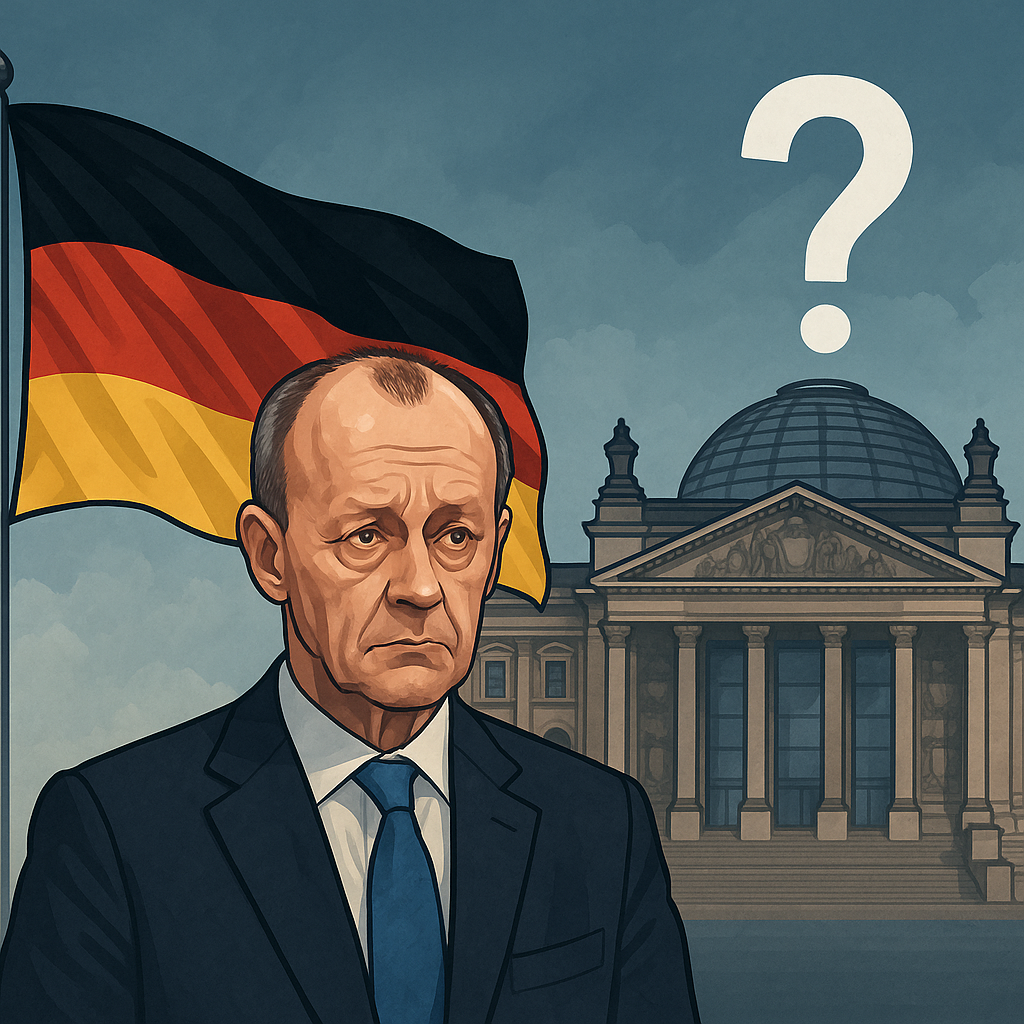Friedrich Merz, leader of Germany’s Christian Democratic Union (CDU), faced an unexpected setback on May 6, 2025, after falling short of securing the necessary votes in the Bundestag to become chancellor. Merz received only 310 votes, six shy of the 316 required to assume office. This result, despite a coalition agreement between the CDU and the Social Democratic Party (SPD), has created a political deadlock, delaying the formation of Germany’s next government.
This development comes at a critical time for Europe’s largest economy, raising questions about its political stability and the potential implications for market performance. The German government had been expected to steer key policies related to defense spending, infrastructure development, and energy transition. However, the current uncertainty could hinder the passage of critical legislation, particularly affecting investments in these sectors.
Impact on Investors
Germany’s political situation is not only significant for its citizens but also for global markets, as the country plays a leading role in shaping the economic landscape of the European Union. The failure to form a new government in a timely manner could lead to market volatility, particularly impacting the euro and European equities.
As of now, the uncertainty surrounding the outcome of the election has already had a mild effect on the euro, which has seen pressure against the U.S. dollar. German stocks, particularly those of defense contractors and companies involved in infrastructure and energy, could also experience short-term turbulence due to the delay in government formation.
Potential Investment Risks and Opportunities
- Currency Volatility: Investors with exposure to the euro should closely monitor the situation, as a prolonged deadlock could lead to a further weakening of the currency. The eurozone’s larger economic policies may also become less predictable during this period.
- European Equities: Companies tied to defense, infrastructure, and energy may face delays in government contracts and policy changes. Investors in these sectors should stay informed about any shifts in the legislative process that could influence their portfolios.
- Economic Policy Uncertainty: Germany’s role in shaping EU-wide fiscal and economic policy means that any delays in leadership could impact broader EU economic strategies, particularly in the context of defense spending, renewable energy investments, and fiscal stimulus plans.
The political situation in Germany is one that requires careful attention from investors, particularly those with exposure to European markets or currencies. The delay in forming a stable government poses risks for the near-term market outlook. As such, staying informed and agile in response to political developments is essential to managing risk and capitalizing on potential opportunities in the coming months.





